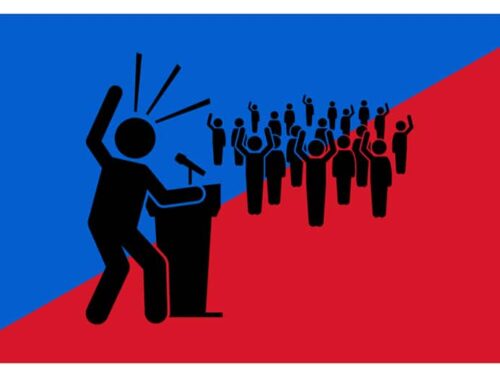
Think that the 2016 election season is fueled by anger? Experts say Americans are angry about wealth inequality, the economy, and ineffective government. Lynn Vavreck, New York Times contributor and UCLA political science professor, argues that the anger Americans feel may have less to do with economic issues and more to do with members of the opposite party.
Claims that Americans are upset about the economy simply don’t hold up. Objective data from the Federal Reserve suggests that America started recovering from the recession in 2010. The “misery index,” which measures unemployment and inflation, was lower in 2015 than it had been since the 1950s. Research from the General Social Survey also shows that in recent years, Americans report higher happiness.
Vavreck says the evidence suggests that the source of voter anger in the 2016 election comes from hostility between political parties. This is partly due to the fact that parties today are more based on attitudes about race and religion. Experts have called this the “age of party-ism.” Measures show that party prejudice in America is growing.
Issues of partisan hostility are not just political, but spill over into realms of sports, music, and movies. It could even impact the workplace. Hostility between opposite parties may boil down to a lack of respect. Just as respect is contagious, so is disrespect. Failing to respect the views of others can lead to anger and polarization instead of understanding.




